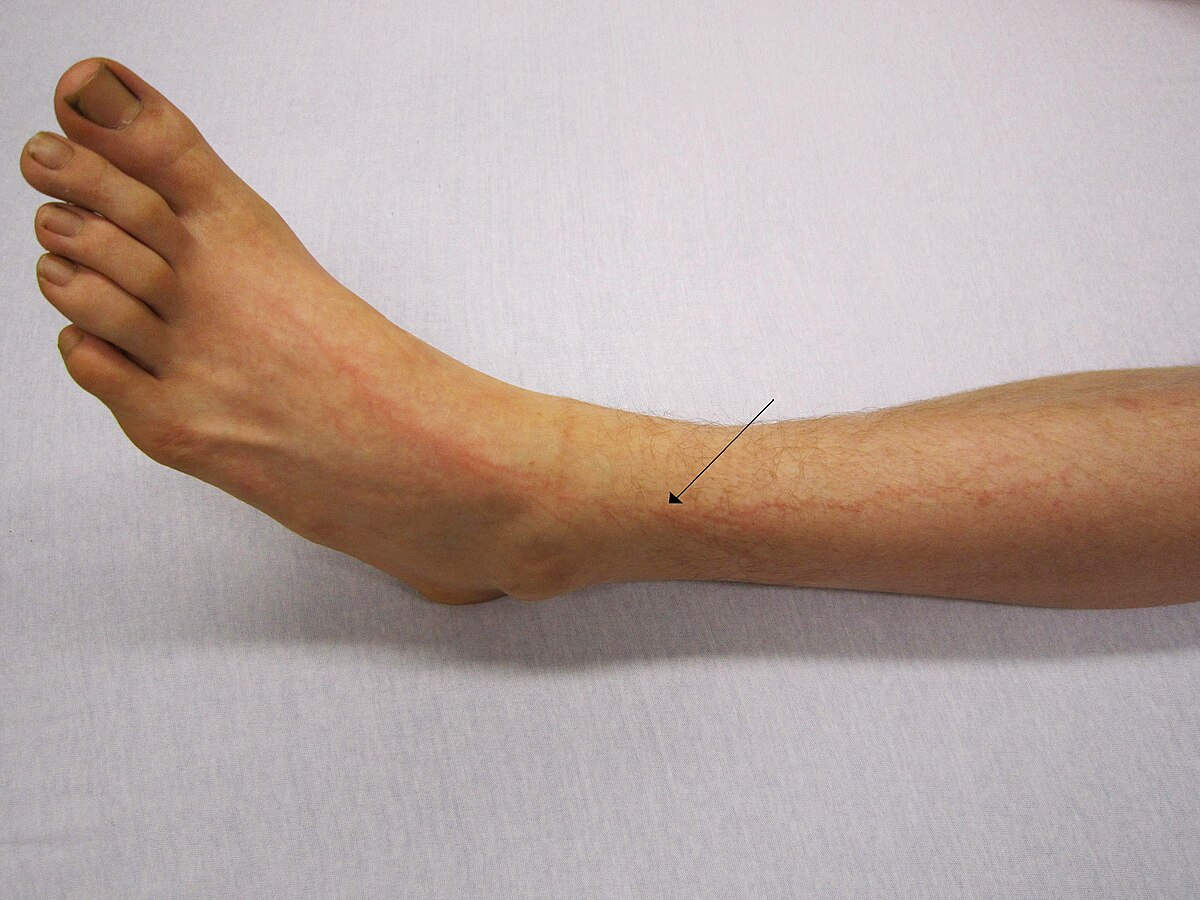It will work if you put enough current through yourself. However what is "enough" is very variable, as it depends on muptiple factors, including your state of health. The higher the voltage, the greater the current. (That's Ohm's law, which you might remember from school.) The voltage from an ordinary socket in a house is quite low (usually 110 volts in the US, around 240 volts in much of Europe). That can be fatal, and people have died that way, but usually it's just unpleasant. You can increase the current, for a given voltage, by ensuring that the current has an easy path from the socket, through you, to the earth. (Ohm's Law, again). For example, you could hold a metal fence post. The idea of using water is to create such a path, but it's a bit hit and miss. To be sure of dying you need a higher voltage, such as the high voltages in overhead transmission cables.
Using multiple plugs in parallel won't make any difference, as you would be exposing yourself to exactly the same voltage as if you used only one plug.



